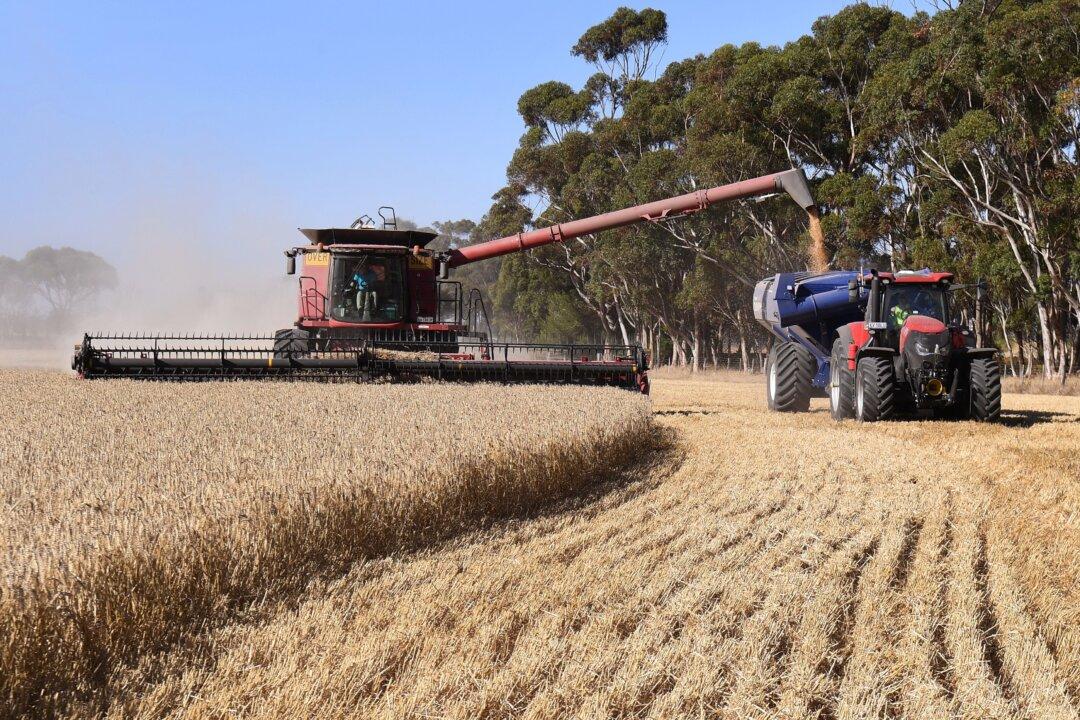Australia and Brazil have launched negotiations for new agricultural trade agreements allowing the import of Australian barley and wheat, the Brazilian Agriculture Ministry said in a statement on Friday.
The meeting was held between the Australian ambassador to Brazil, Sophie Davis, and Brazilian Agriculture Minister Carlos Favaro on Wednesday, according to the ministry.





